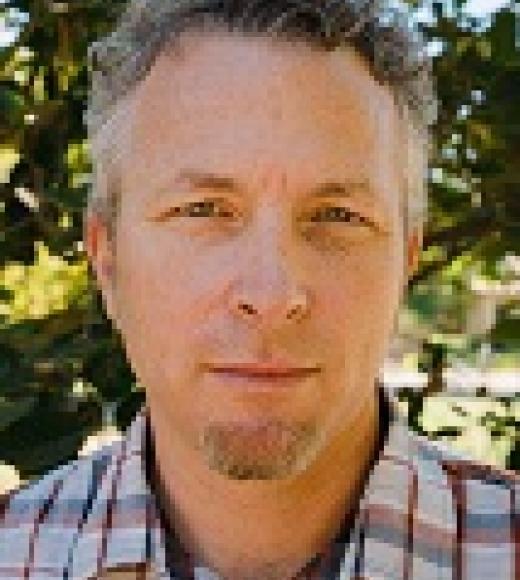
Position Title
Professor, Environmental Science & Policy
- Environmental Science & Policy
- Center for Environmental Policy & Behavior
- (530) 752-5880
- mnlubell@ucdavis.edu
- Department of Environmental Science & Policy
- Center for Environmental Policy & Behavior
- Mark Lubell - Environmental Science & Policy Profile
My research focuses on human behavior and the role of governance institutions in solving collective action problems and facilitating cooperation. The collective action problems associated with environmental policy provide a laboratory for my research. My current projects include watershed management, environmental activism, agricultural best management practices, and institutional change in local governments. I also dabble in experimental economics and simulation techniques to further explore collective action theory.
I study collective-action problems in theory, lab, and field settings using quantitative and qualitative empirical methods. Collective-action problems occur when individuals make self-interested decisions that produce socially undesirable outcomes. People encounter collective-action problems on a daily basis. For example, many people are familiar with the difficulties of encouraging people to cooperate to clean a house or apartment. Or maybe you have tried to organize a sports team or other group activity, and discovered that some people will enjoy the benefits of the group without contributing any time or effort. Collective-action problems occur when everyone is willing to free ride, and therefore nothing is accomplished. In environmental studies, perhaps the most famous collective-action problem is the Tragedy of the Commons as described by Garrett Hardin in 1968. Hardin describes how collective action problems are involved with environmental issues like overpopulation, destruction of rangeland, and water pollution. I view collective-action problems as the cause of many environmental conflicts, and therefore environmental policy is an excellent research setting to study central theoretical issues. My research topics to date include watershed management, environmental activism, and agricultural best management practices. Each of these situations represents a different type of collective action problem. These situations also feature many phenomena of central interest to political science, such as the role of institutions, political behavior, and policy implementation. I have also studied collective action using simulations and social dilemma and cultural evolution experiments. My simulations (not yet published) examine the coevolution of collective-action strategies and institutions. The experiments (in conjunction with Peter Richerson and Richard McElreath) examine how human subjects behave in a variety of collective-action and other social settings, in particular how different types of formal and informal institutions evolve over time to influence levels of cooperation. Following a natural science model of scientific inquiry, my long-term research agenda is to discover common principles of collective action that can be observed and tested in all three modes of research: theory, experiment, and field.